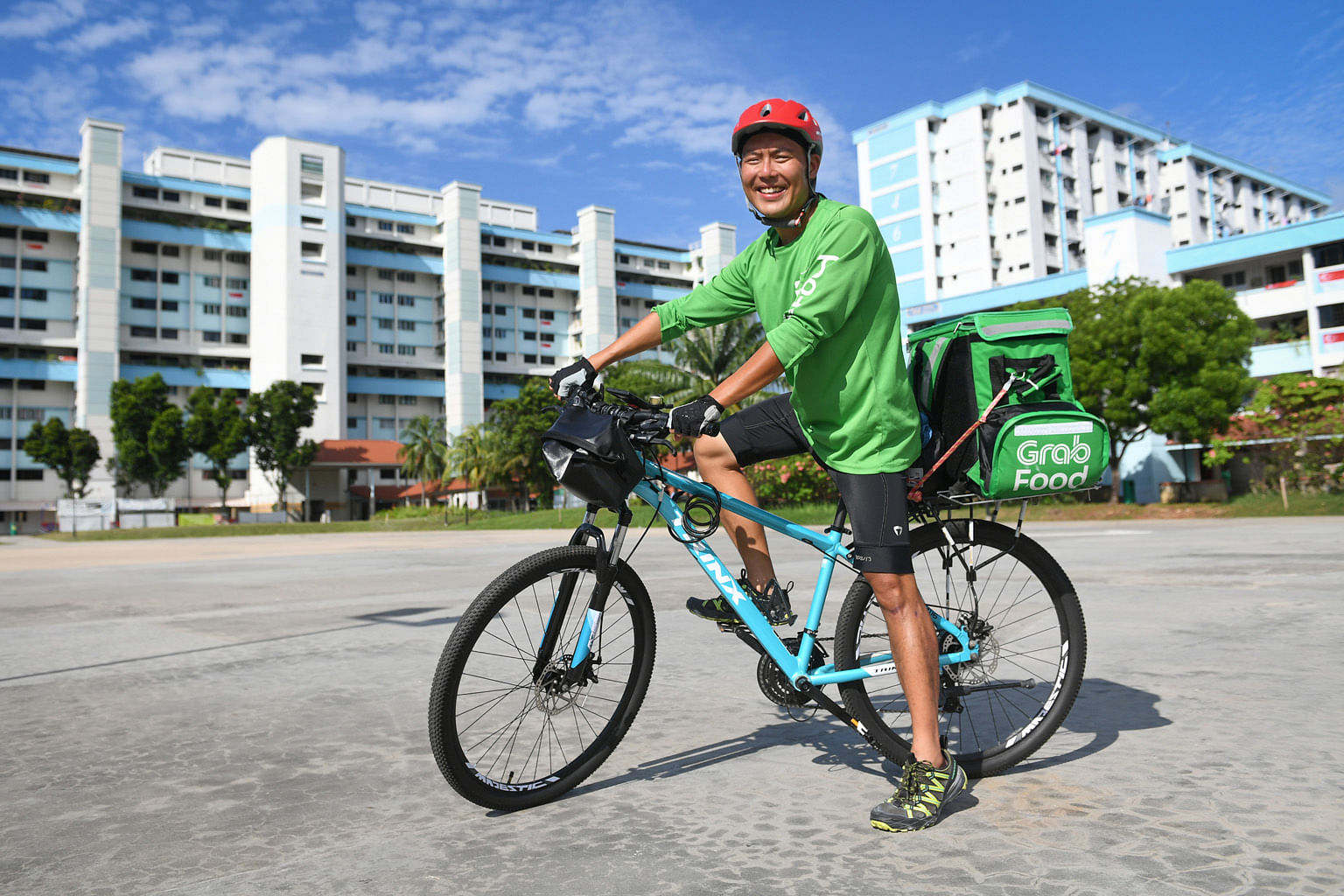Being retrenched still stings, but the stigma once associated with it is slowly dissipating, as layoffs become increasingly commonplace amid the worsening global economy due to the pandemic.
More people who have been laid off are taking to social media platforms to find work, with a growing number candidly stating in their curriculum vitae (CV) or post that they have been retrenched due to the fallout from Covid-19.
The shift in mindset stems from the ubiquitous impact of Covid-19 that has affected almost every sector of the economy, said experts, adding that there is no longer a negative perception of a person being laid off, especially if it is because of the ongoing pandemic.
Singapore Human Resources Institute president Low Peck Kem said: "The pandemic has changed the notion of retrenchment, as it is an easy scapegoat to blame... It is never the worker's fault, it is not even the company's fault, it is Covid-19's fault."
Preliminary labour market data for the second quarter of this year showed that unemployment and retrenchments here have risen.
The data released on July 29 showed that retrenchments more than doubled in the second quarter, with 6,700 workers laid off, up from 3,220 in the first quarter.
This was higher than the peak of 5,510 during the 2003 Sars outbreak, but below the high of 12,760 during the 2009 global financial crisis.
In June, the number of unemployed local residents also climbed to 90,500, up from 76,200 in March.
Ms Low said: "While workers are upset that they are being retrenched, the stigma is less on the label of 'kena retrenched', but more of being a victim of circumstances beyond them.
"So, yes, it is less of a stigma, as employers will be more understanding and recruiters more willing to give them a chance."
Talent acquisition director at Quantum Leap Career Consultancy Alvin Ang said that given the fewer opportunities in the job market, the "survival instinct" to find a new job kicks in, and candidates focus less on the stigma and instead concentrate on getting a job.
Ways to help retrenched employees have also emerged online through social media platforms and talent directories.
Last month, for example, LinkedIn introduced a feature where users can attach a green banner to their profile picture with the words #Opentowork that will let recruiters and those in one's network know that the person is open to job opportunities.
One of those who have adopted the #Opentowork banner is former business analyst Srividhya Ganapathy Sundaram, 29, who said on her profile that she was "retrenched due to Covid".
She said: "I am not ashamed to say that I lost my job due to Covid-19; in fact, it helps me to connect with others who are in similar situations, or potential employers.
"With the impact being felt worldwide, we have to know we are not alone in this."
-
6,700
Number of workers laid off in the second quarter, according to data released on July 29 - up from 3,220 in the first quarter. This was higher than the peak of 5,510 during the 2003 Sars outbreak, but below the high of 12,760 during the 2009 global financial crisis.
90,500
The number of unemployed local residents in June, up from 76,200 in March.
Meanwhile, some multinational companies which have laid off workers in Singapore, such as Airbnb and Grab, have also taken the initiative to start talent directories for affected employees in the hope of giving them more exposure to job opportunities.
Not only do these methods improve the chances of the job search, but they also reflect well on the firms, which are seen to be compassionate and have progressive human resource practices, said Ms Low.
"It also augurs well with the message that these are not poor performers, but valued team members whom you have to let go because of Covid-19 and the business situation," she said, adding that such directories also act as an assurance by the releasing company of the quality of the retrenched candidates.
"This shifts the mindset of 'I am retrenched and no longer valued as an employee' to 'I am so valued that the company cares enough to go out of the way to find me a new employer'," noted Ms Low.
Mr Ang said that this change in perspective is also something recruiters have taken notice of in candidates looking for jobs.
"There used to be a tinge of hesitation when they were explaining how they came to be unemployed. Some would couch it to say they left amicably, it was something they would not be willing to admit straightaway," he said.
Candidates are now more upfront about being laid off. "It is a hall-mark of a generational shift. The older generation, those in their late 40s and 50s, might be more worried about the stigma of retrenchment," said Mr Ang. "But the younger generation are more open and use social media to find their next opportunity."
Still, said Ms Low, the sting of retrenchment is always an awful and unsettling feeling.
"While perceptions may change and retrenchments during the Covid-19 pandemic are less of a stigma... to the retrenched worker, every rejection is a disappointment," she said.
She didn't think she would be laid off at 29

Former sales engineer Shermin Ho received word about being laid off not once, but twice over the course of about a month.
The first time she was told about her retrenchment was in early May, about a week after she discovered that she was almost two months pregnant with her first child.
"It was a tough period because the pregnancy was unplanned. So when the retrenchment notice came around, it felt like a double whammy," said Ms Ho, 29, whose husband is a full-time tutor.
From design director to food delivery rider

Mr Andy Yap, 40, used to design graphics for an events company, but after being laid off in February, he now spends six days a week zipping around Yishun delivering food on his mountain bike.
As one of the casualties in the company's retrenchment exercise, the former digital design director now earns up to $2,000 "in a good month", which is about one-quarter of the salary he used to draw.
When projects dried up for the company early this year, Mr Yap, who worked at the firm for about two years, was laid off, along with at least two others.
Out of work, but she's keeping busy amid job hunt

When former business analyst Srividhya Ganapathy Sundaram, 29, was retrenched in May, she felt discouraged.
But after taking a few weeks to settle her emotions, the Indian national who moved to Singapore four years ago decided to take a positive approach to the situation and saw it as a chance to pick up new skills.
In the past three months, in between sending out job applications and networking with contacts, she has started learning German and Sanskrit, and spent time painting.
Retrenched at 62, but he's not ready to retire

At 62, Mr Raymond Leong is not looking to retire.
This is despite facing an emotional few weeks after he was retrenched in late February.
The former senior sales manager used to work for a cruise and events company. But about 1½ years after he joined the firm, he was told that he would be laid off due to the impact of the Covid-19 pandemic on the business.


